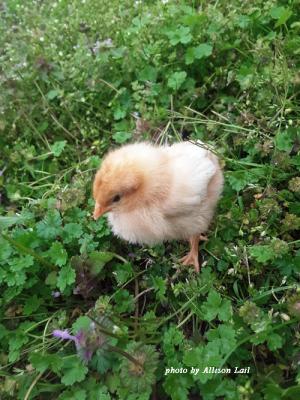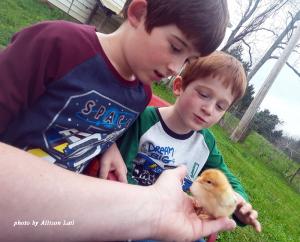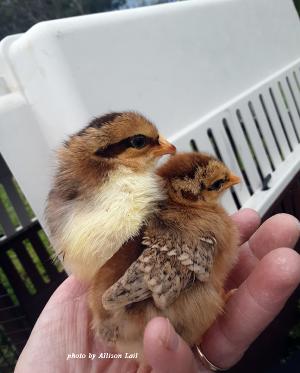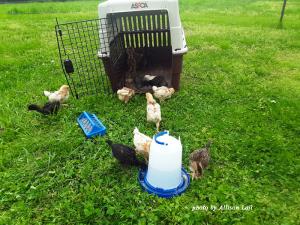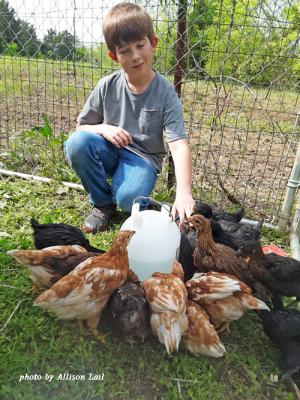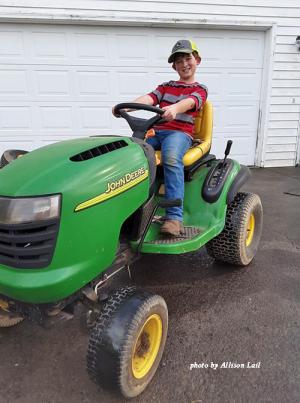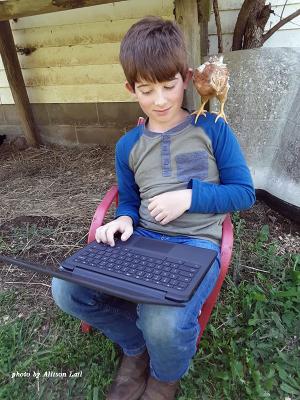Around late winter last year in third grade, I was introduced to an organization called 4-H, a national, state, and county organization that provides youth development and agricultural programs for children beginning in fourth grade. One of the programs offered is the Chick Chain project, where a youth can raise backyard poultry.
My mother did this when she was in 4-H and, while she enjoyed raising chickens and collecting eggs daily, horses were still her favorite. Since I live on a farm, I wanted to do the Chick Chain project because I wanted to have a small animal agriculture project that I could learn from and maybe earn some money. Plus, I would have fresh eggs every day!
Here’s how the program works: First, check with your local extension agent to sign up and receive your baby chicks in spring. Get your baby chicks in March, raise them to age of layers, and then in the fall, bring five hens to a Judging Contest Show and Sale with the local county 4-H extension agency. All the while, enjoy collecting eggs in your own backyard every day! You can also enter your chickens in judging contests at the county fair or other poultry shows.
Baby chicks need a warm dry place, like a brooder box, and kept out of the chilly weather before coming of age to be able to live outside in a coop or pen. We found that an old horse water trough with a heat lamp worked well. They also need fresh water and food daily, and fresh air. This was going to be very exciting, rewarding, and fun, but a big responsibility!
Our local Ag Central Farmer’s Co-Op in Maryville, Tennessee provided a Poultry Seminar in February to teach us about raising chickens: maintenance, breeds or types, as well as health and safety for raising all types of poultry, including chicken broilers and layers, ducks, and turkeys. Wow, there are so many breeds of chickens! 4-H provides Black and Red Sex-Link chickens. We also bought two other types of chicks at Co-Op to add variety to our backyard flock.
We knew we would need a chicken coop and pen as they grow bigger and are able to live outside. There are lots of options, sizes, and shapes you can purchase from Rural King, Co-Op, TSC, Amazon, or even previous 4-H’ers who have done the Chick Chain Project. Find what works for you, according to the size of the yard and how many birds you have. Their pen needs to be close to water availability, dry food storage, and fairly close to your house or barn for daily checks. Watch out for predators! These include hawks, raccoons, foxes, coyotes, and “fur”-rocious feline house pets.
During this time off school, with extended Google classroom at home, I have been able to tend to my peeps on a regular basis. Who knows, maybe I’ll teach the chicks fractions and computer typing. No pecking the keyboard!